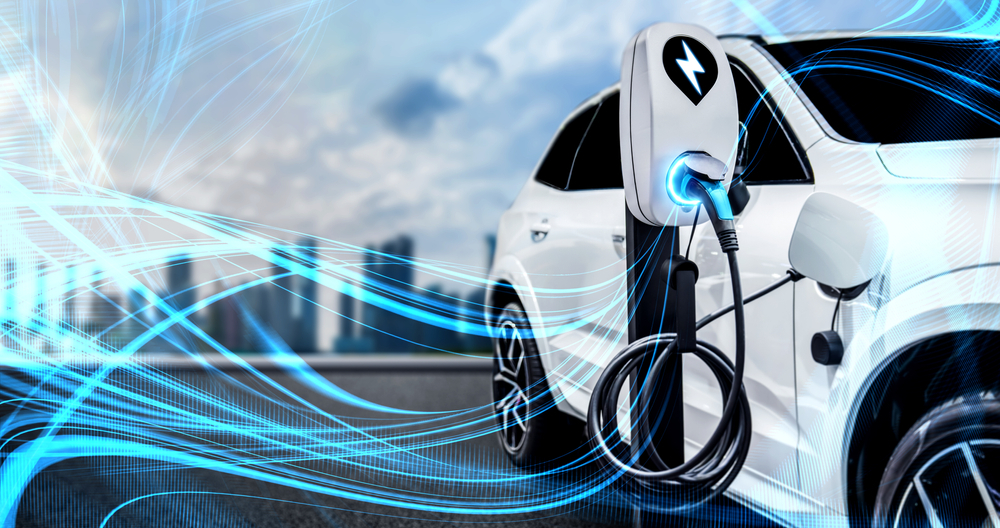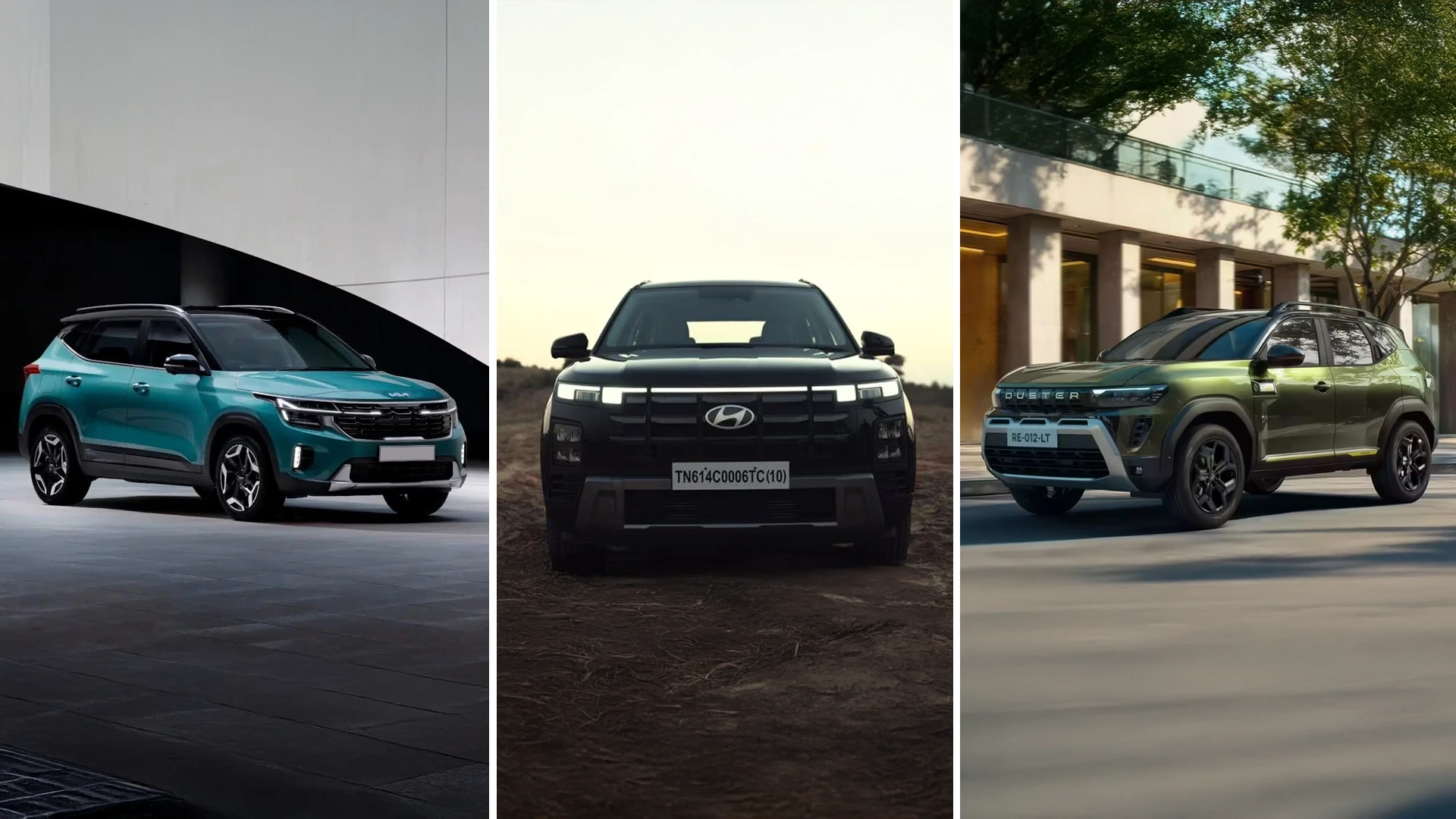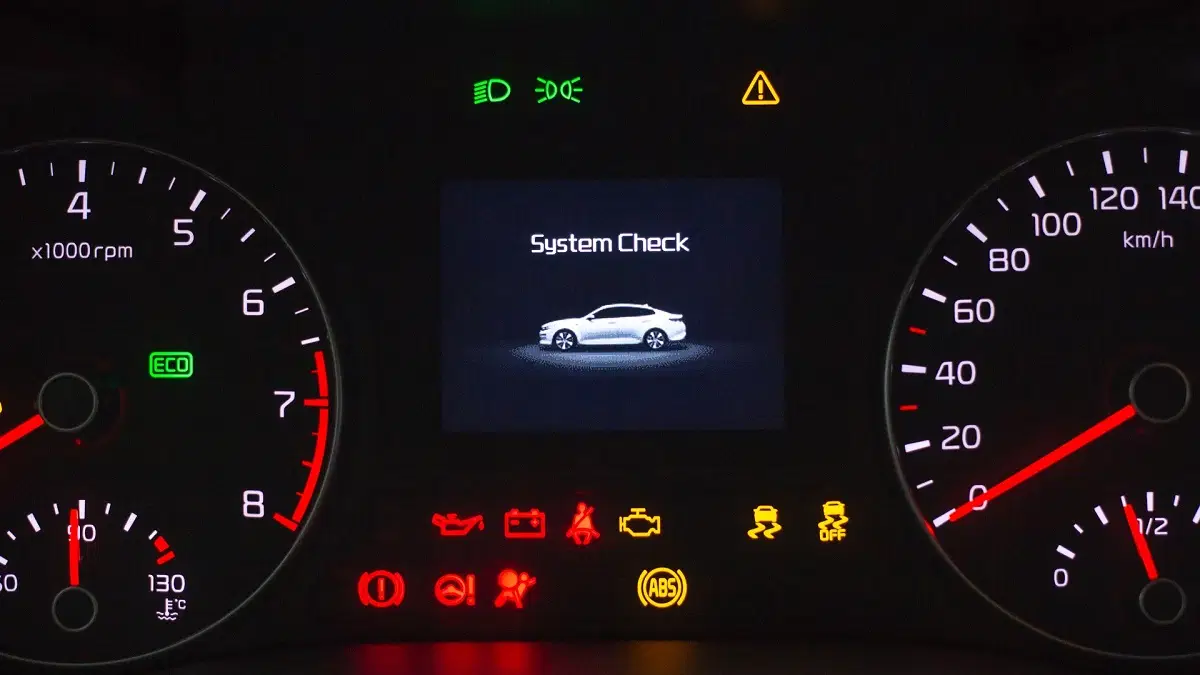
Table of Content
▼India is embracing the new wave of electric vehicles (EVs), marking a significant shift from skepticism to acceptance. EVs promise a greener future and are budget-friendly alternatives to traditional fuel-run vehicles. While EVs symbolize changing consumer preferences and technological advancements, insuring your vehicle remains essential.
As EVs gain popularity, understanding their insurance coverage becomes crucial, especially since third-party insurance is legally required for all vehicles. However, to fully protect your EV, you should opt for comprehensive motor insurance, covering both your car and third-party damages in case of an accident.
Whether you're considering buying an EV or already own one, it's vital to know the extent of your insurance coverage and how to enhance it with add-ons.
Also Read: Types of vehicle insurance coverages that you should consider

Here are key points to consider before purchasing EV insurance:
- Determine the Suitable Insured Declared Value (IDV) IDV represents the maximum coverage provided by the insurance company in case of theft or total loss. It's based on the ex-showroom price of your car at purchase, not its market value.
- Select the Suitable Add-ons Comprehensive insurance enhances overall protection, and additional add-ons provide extra safety features. Essential add-ons for your EV include:
- Battery Protection Cover: Covers losses to the battery or drive motor from incidents like water seepage or short circuits.
- Zero Depreciation Coverage: Ensures that depreciation doesn't affect your claim settlement, covering the full claim cost apart from nominal processing charges.
- Roadside Assistance Cover: Offers 24/7 support for breakdowns, including towing, mechanic assistance, and alternative conveyance.
- NCB Protection Cover: Maintains your No Claim Bonus even if you file a claim, ensuring you don't lose benefits at policy renewal.
- Consumables Cover: Covers costs for consumables like fluids, oils, and nuts, as well as flood-related damages.
- Claim Settlement Ratio Check the insurer's claim settlement ratio, indicating how often they pay out claims. A higher ratio means better chances of claim approval.
- After-sales Service Look for insurers offering 24/7 customer service and dedicated claims teams for post-sales support.
- Policy Exclusions Be aware of exclusions, such as damages from regular wear and tear, reckless driving, or driving under the influence of intoxicants.
- Insurance Cost for EVs Insurance costs vary based on the car's engine power. For cars over 65 KW, third-party insurance is around Rs 6,712; for 30-65 KW, it's about Rs 2,904; and for below 30 KW, it's Rs 1,780. Comprehensive premiums vary based on the plan and add-ons.
Having motor insurance for your EV is both a legal requirement and a financial safety net. Compare plans online, understand inclusions and exclusions, and consider premiums based on the model and coverage options. Always read the fine print to avoid hidden costs before finalizing your insurance policy.
Also Read: What is Zero Dep Car Insurance and Why is it Important
Karan Bhatia
Karan Bhatia is an automobile expert and reviewer with 8+ years of experience test-driving cars, bikes, and EVs. He provides honest, detailed, and practical reviews that highlight performance, design, safety, and value for money. His expert insights help readers make confident choices when buying their next vehicle.
_1770886465.webp)
_1770372474.webp)



